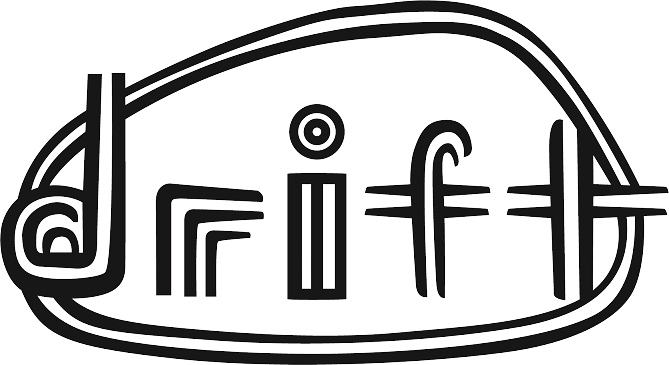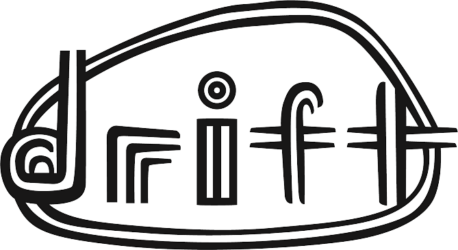FAQ’s
At DRiFT Truckline, we are committed to excellence, which includes answering any queries you may have about our services!
Q: Where do you operate?
Ans: Our Fleet is operating in Ontario, Canada. In addition, we offer trucking and transport services all over North America through our Owner Operator Referral Network.
Driver Qualifications
Q: Are your drivers insured and properly licensed?
Ans: Yes, all DRiFT Truckline drivers possess a valid CVOR, ONTARIO Drivers licenses, and insurance. The CVOR Abstract are kept in good standing.
Q: How qualified are your truck drivers?
Ans: We have a strict Driver hiring process. We verify that driver is fully trained to carry the load safely. All of our truck drivers have a valid driver’s license in the province and criminal check. They must get professional training in operating our fleet vehicles.
Our prospective drivers can enroll in truck driver training programs that prepare them to take the CDL exam at community colleges, private truck driving schools, and trucking firms. For drivers hauling heavy freight, the CDL-A offers the most flexibility.
Truck drivers receive further internal training at DRiFT Truckline and maintain CVOR Abstract. We provide instruction on safe driving habits and maintain professionalism on the road. The actual training could last for three to four weeks and include some time spent driving under supervision. This is done to make sure that our drivers are equipped and capable of handling any situation that may arise at work.
Quotation and Other Fees
Q: How soon can I receive a quote?
Ans: We promise to respond within 24 hours but often respond with a quote in about an hour. Get in touch for a quote!
Q: Can the price you quoted change?
Ans: Quotes fluctuate based on market conditions, capacity, and fuel prices.
Q: What is ancillary (also known as assessorial) fees?
Ans: Services offered outside our regular pickup and delivery are known as accessorial costs. Inside delivery, wait times, gasoline surcharges, storage, etc., are a few examples.
Q: What does a fuel surcharge mean?
Ans: A fuel surcharge is a means to account for considerable variations in gasoline prices from the base fuel cost used to calculate a shipment’s cost. It is used to adjust the amount paid to carry freight.
Trailers and Tractors
Q: What happens if my cargo is too large for a trailer?
Ans: A flatbed trailer is frequently a fantastic option if the freight is too tall or wide to fit into a 53′ dry van.
Q: Can I guess the weight, or do I need to know it precisely?
Ans: Exact weight is advised since it will prevent the trailer from being loaded too heavily for safe transportation or risk regulatory penalties.
Q: What is flatbed tarping?
Ans: To protect the cargo from the elements or damage, a heavy-duty tarp is placed over it and secured to the flatbed.
Q: How much time does unloading a trailer require?
Ans: It takes around 30 minutes to unload a typical 53-foot trailer that is fully loaded with single-stacked, palletized freight. It can take an hour if the pallets are double stacked. Depending on the weight, quantity, and ease of handling of loosely packed, non-palletized freight, it may take 3–4 hours to unload.
Pickup and Shipment
Q: What should I do following my scheduled pickup?
Ans: Ensure that you have a packing slip containing the shipment’s contents and confirm the pickup time and address.
Q: What’s the best way to pack my shipment?
Ans: Depending on the goods, packing may be necessary, but for safe transportation, it is ideal to have the product packaged, mounted on a standard 4048-inch pallet, and shrink-wrapped. Additionally, this approach will simplify loading and unloading while saving time and money.
Q: What if my shipment isn’t ready when the driver arrives?
Ans: Since drivers have busy schedules, having verified pickup times will help ensure that there won’t be any additional charges for a driver’s wait time.
Q: How can I monitor my delivery?
Ans: You may frequently check their website and track your shipment using a tracking number for packages dispatched by UPS, FedEx, or USPS. By calling the carrier’s dispatch team, you may frequently get a shipment’s estimated arrival time (ETA) if a carrier transports it.
Q: Is dispatch available around-the-clock?
Ans: No. To discuss your unique needs, kindly contact our shipping staff.
Freight
Q: What distinguishes a shipment from a piece of freight?
Ans: The active transportation of the product during the logistics process is known as shipment. Freight is the true product itself.
Q: What distinguishes live load and drop and pick in container shipping?
Ans: A live load occurs when a driver picks up a container, drives it to its destination, waits for the container to be loaded, and then drives it back to the rail or shipping line. A drop-and-pick delivery involves the driver picking up a container, dropping it off at a location for loading, and then returning to pick it up later for delivery to the rail or shipping line.
Q: Will my items be opened and put back together in a separate container?
Ans: Trans-loading is when this happens at the customer’s request. The labor involved will result in additional charges for the customer.
Q: What distinguishes LTL and FTL from one another?
Ans: Less than truckload (LTL) shipping is the term for moving items that don’t require a full truck. In order to provide you with lower prices and quicker delivery times, we offer dedicated line hauls for LTL or combined shipments.
Shipments that require the whole capacity of the vehicle are referred to as full truckloads (FTL). If your shipment is large enough to fill a trailer, we can deliver it straight using our FTL services.
Q: What does freight class mean?
Ans: When shipping by less-than-truckload (LTL) freight shipment, commodities are divided into 18 classes according to their value, weight, density, length, height, ease of handling, and liability. This mechanism is in place to ensure that clients get fair freight shipping prices.
Q: How are freight rates determined?
Ans: Rates are determined by factors like proximity, weight, size, and height, as well as density, handling ease, value, and liability for things like theft, breakage, damage, and spoilage. The freight fee will often be lower than the NMFC class number for your consignment.
Q: What sort of freight do you transport?
Ans: We can transport cargo such as Car Parts, Construction Materials, Equipment, Earth Moving that our equipment can safely and legally transport. For details, get in touch with one of our shipping experts. Advantage of Owner Operator Referral Network allows us to transport other goods across North America.
Q: When it snows, do you still deliver freight?
Ans: Yes, even in the snow, we can deliver freight. To continue making deliveries even when the weather changes, our trucks have traction gear.

